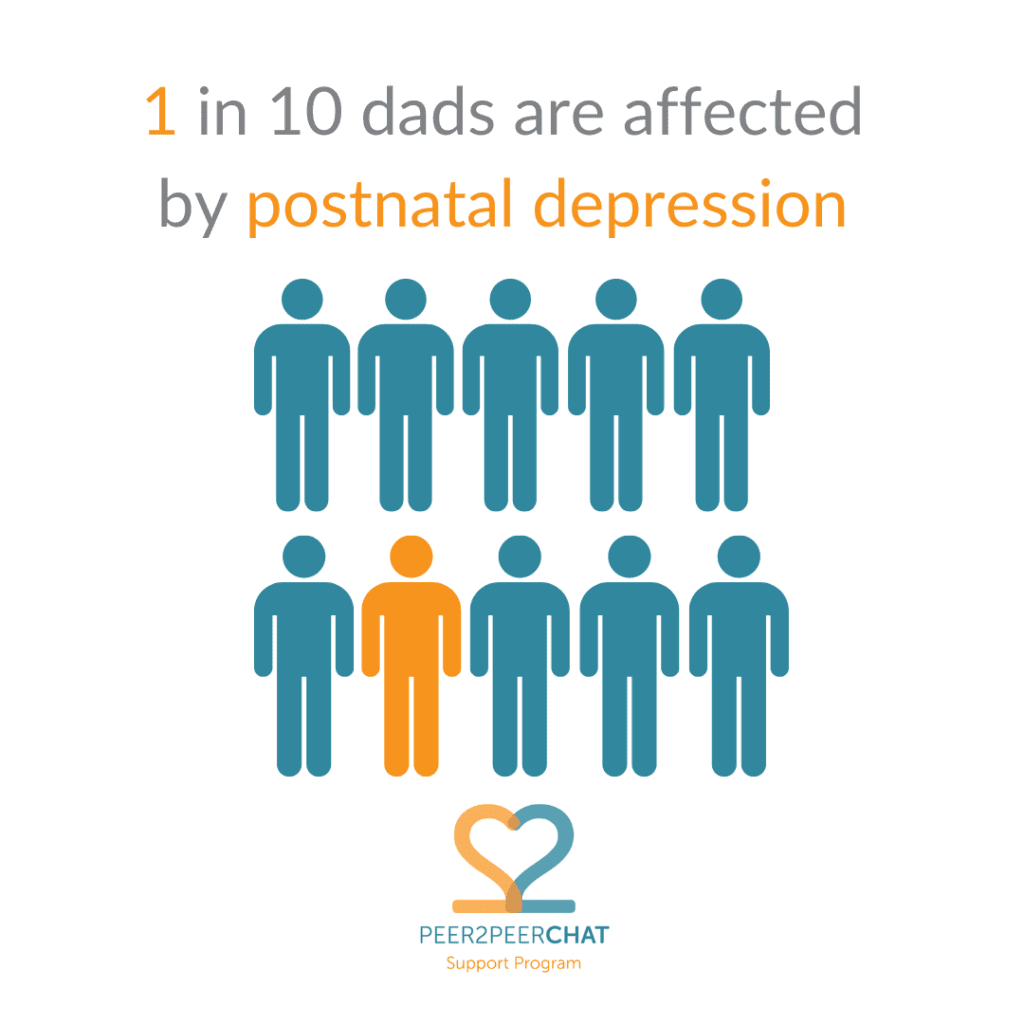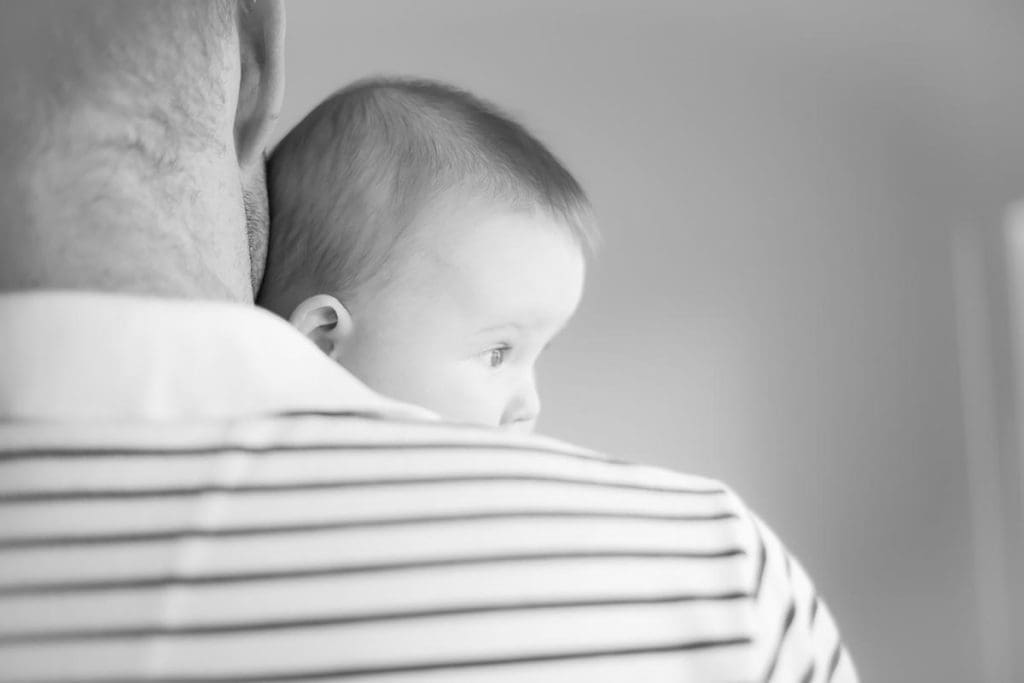NON-BIRTHING PARENTS experience birth-RELATED trauma too
We recognise the vital role that fathers and non-birthing parents play in the lives of women affected by psychological and/or physical trauma and acknowledge the trauma those fathers and partners experience themselves during a traumatic birth. The first section speaks to fathers/non-birthing parents who are themselves navigating birth-related trauma. The second section is written for parents who are concerned about their partner after a traumatic birth.
We hope this information encourages fathers and non-birthing parents to seek help and understand they are not alone and that support is available.
Are you a father/partner navigating birth-related trauma?
After witnessing a difficult birth experience, it is a significant time for all concerned, including fathers and non-birthing parents. You may be juggling many roles, such as: supporter of your wife/partner, work responsibilities, and parent to the new baby and older children. During the postnatal period, fathers and partners are also vulnerable to depression and anxiety and may find it hard to get the support they need.
Below are some of the common symptoms experienced by fathers and non-birthing parents after a traumatic birth.
Reliving the birth/traumatic event
Being overly alert or wound up
Avoiding reminders of the event
Feeling emotionally numb

It is estimated that 1 in 10 fathers experience postnatal depression.1
This is particularly true when there has been a traumatic or negative birth experience, for example:
- haemorrhage (excessive bleeding)
- concerns about the baby’s or mother’s survival
- physical damage
- unexpected emergency surgical intervention
- baby in NICU
- Mum in ICU.
Your partner may have been confused, semi-conscious or dissociated rather than fully aware of what was happening. You, however, you were probably fully aware.
We urge you to consider the following when trying to work out the best course of action:
- Read our Family and Friends Resource for information that will help you support your partner effectively.
- Try to keep communication open with your partner so you can seek solutions together if she is open to discussion. The addition of expert counselling for both of you is recommended. This will help you both address your experiences and work out a solution. Seeking help together may assist in addressing relationship issues that you may not have been prepared for, some of which may have surfaced after the new baby’s arrival.
- If your partner is happy for you to do so, attend physical and psychological appointments together so they can fully explain their findings to you both.
Remember to seek support for yourself. The resources listed at the bottom of this page may help you find suitable support services. - Engage in self-care activities, such as exercise and eating well, and ask friends and family for practical help to facilitate this. You need to be able to refill your cup so you can continue to support your wife/partner.


Are you concerned about your partner?
- Dads and non-birthing parents can feel that they need to be strong because they weren’t the person to give birth.
- Many men are afraid of asking for help.
- Partners and support people may not realise they are struggling.
- There is still a stigma associated with mental health problems.
- It may be difficult to start the conversation, so they often hold their feelings in.
- You should both read our Family and Friends Resource for information that will help them support you effectively.
- Try to keep communication open with your partner so you can seek solutions together. The addition of expert counselling for both of you is recommended.
- It is helpful for your partner also to attend your appointments for physical and psychological assessments so they can fully understand your diagnoses.
- Encourage them to seek the support they need. Many dads experience anxiety and depression as new fathers, so they are not alone. The Resources listed at the bottom of this page may help them find suitable support services.
- Encourage them to engage in nourishing self-care activities as well as helping with tasks that involve the baby; this will be beneficial for the whole family.
Resources
Dedicated services for Dads
No to Violence
Podcasts
Books
You can find more services on our main Support Services page.






